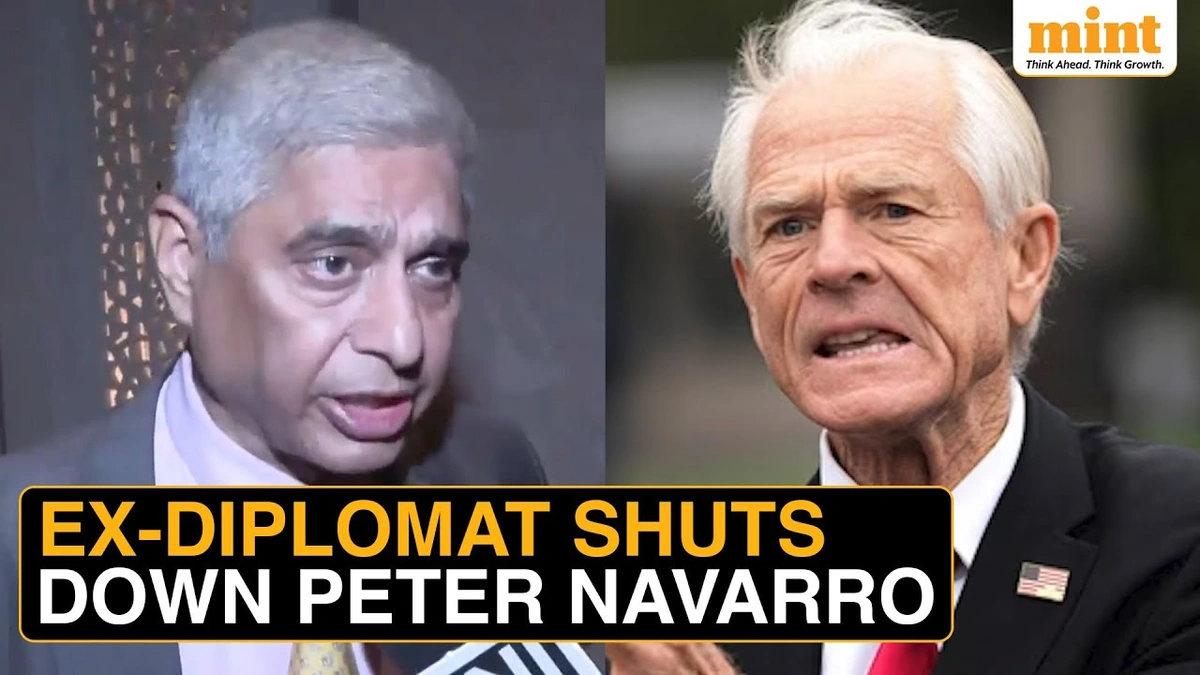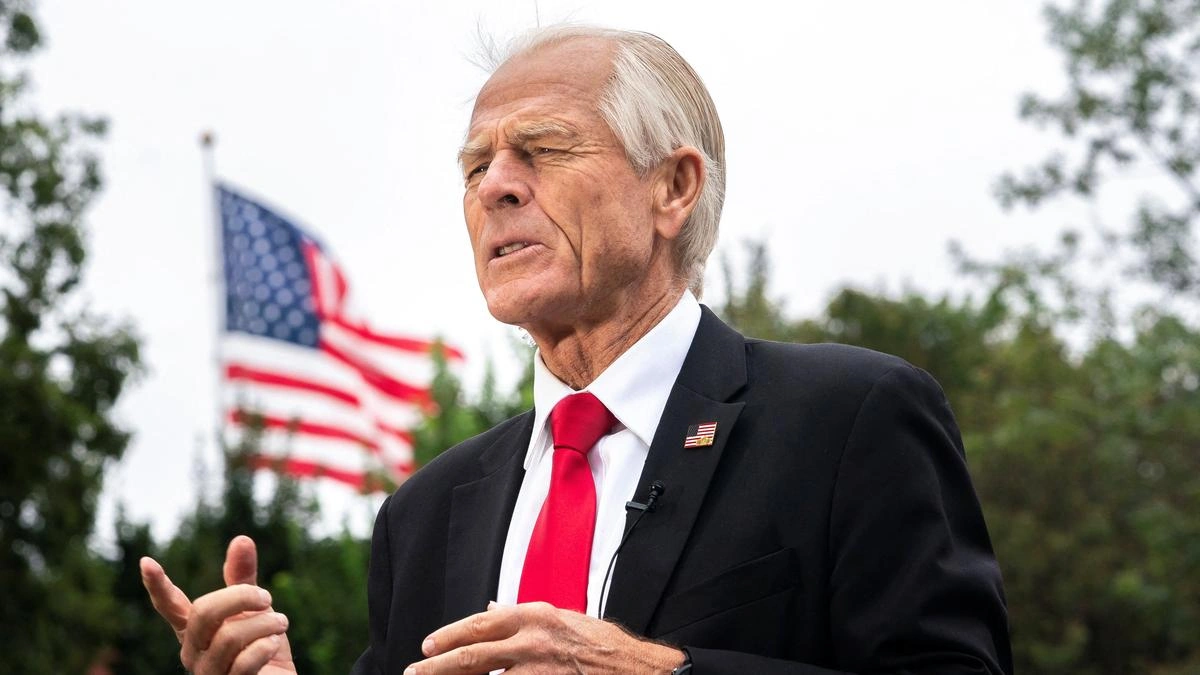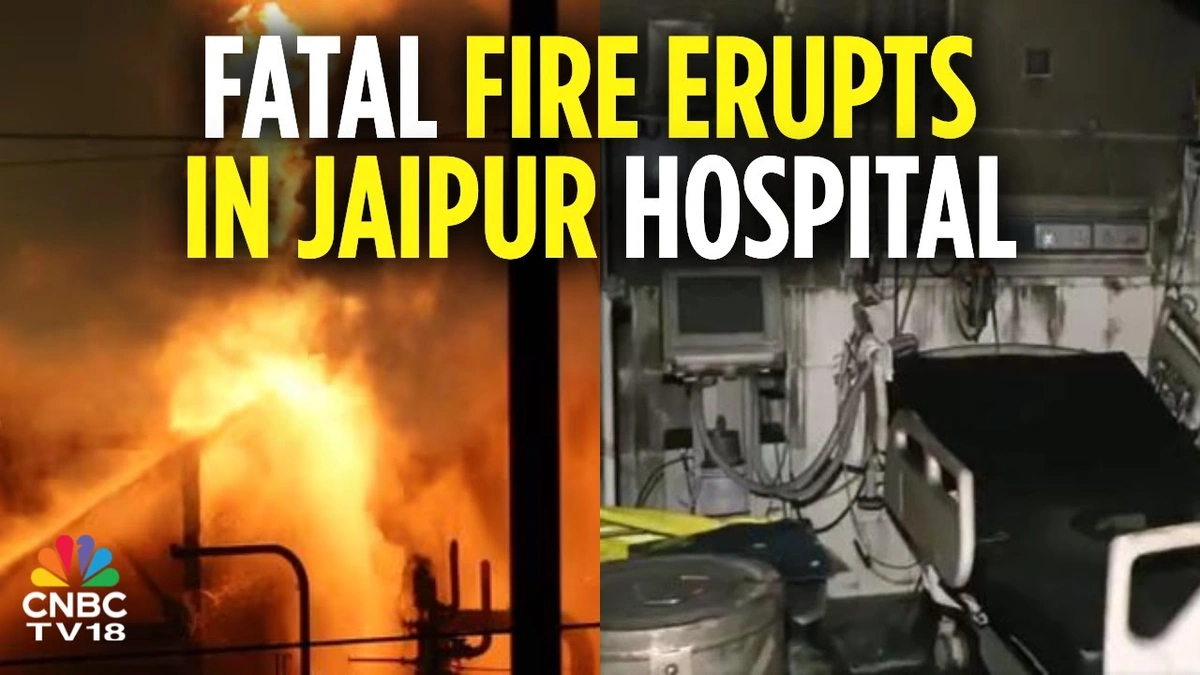Peter Navarro’s Gamble | Why His Legal Battles Matter to India
Peter Navarro. The name probably conjures images of trade wars, fiery rhetoric, and maybe even a certain Green Bay Packers jersey. But here’s the thing: Navarro’s current legal battles, stemming from his time as a top advisor to Donald Trump, have implications that ripple far beyond US borders – all the way to India. Let’s be honest, following American politics can feel like watching a particularly dramatic soap opera. But this isn’t just entertainment; it’s about the future of international trade and the power (and limits) of executive privilege.
The Contempt Charge | More Than Just a Legal Drama

So, what’s actually happening? Navarro was found guilty of contempt of Congress for refusing to comply with a subpoena from the House January 6th Committee. He argues that he was protected by executive privilege, a legal doctrine that shields certain presidential communications. I initially thought this was just another political squabble, but then I realized the potential precedent it sets. See, executive privilege isn’t some get-out-of-jail-free card for former officials. It’s a carefully balanced principle designed to protect the confidentiality of presidential decision-making. But, and this is a big but, it’s not absolute.
The core question is this: Can a former advisor simply refuse to cooperate with a congressional investigation by claiming executive privilege, even when the current president (in this case, Biden) has waived it? The courts said no. And that has some pretty serious implications. Think about it – what if every former official could stonewall investigations simply by invoking this privilege? It would cripple oversight and accountability. For India, a nation with its own complex political landscape and history of governmental inquiries, this case provides a crucial example of the checks and balances required to maintain a healthy democracy.
India’s Stake in the US Trade Narrative
Now, you might be thinking, “Okay, that’s interesting, but what does this have to do with me sitting here in Delhi?” Here’s the connection: Navarro was a key architect of the Trump administration’s trade policies, policies that directly impacted India. Remember the tariffs on steel and aluminum? The pressure on India to reduce its trade surplus with the US? That was all largely driven by Navarro’s protectionist views. But, India’s economic relationship with the United States is complicated.
His legal troubles, therefore, offer a window into the decision-making processes behind those policies. Understanding the motivations and influences of figures like Navarro is crucial for Indian policymakers and businesses as they navigate the ever-shifting landscape of international trade. What fascinates me is how these seemingly distant events directly translate into tangible consequences for ordinary people. From the price of imported goods to the availability of jobs, the decisions made in Washington D.C. have a real impact on lives in Mumbai, Chennai, and Kolkata. The conviction highlights the importance of transparency and accountability in government, concepts that are essential for fostering trust and stability in any economy, including India’s.
The Future of US-India Relations | Lessons from the Navarro Case
So, what are the key takeaways for India? First, the Navarro case underscores the importance of understanding the individuals shaping US policy. Their ideologies, their motivations, and their vulnerabilities all play a role in the decisions they make. Secondly, it highlights the need for India to engage proactively with the US political system. Building relationships with key figures across the political spectrum, engaging in open dialogue, and advocating for India’s interests are all essential for ensuring a strong and mutually beneficial relationship. It’s also critical to monitor legal precedents set by cases like Navarro’s, as they could influence future policy decisions and international relations.
And, let’s not forget the broader context. The world is becoming increasingly interconnected. Decisions made in one country can have profound consequences for others. The Navarro case serves as a reminder of the importance of vigilance, engagement, and a deep understanding of the forces shaping the global landscape. The ongoing saga surrounding Peter Navarro is far from over. He’s likely to appeal his conviction, and the legal battles could drag on for years. But the lessons learned from this case – about accountability, transparency, and the interconnectedness of the global economy – will continue to resonate long after the final verdict is delivered.
The Justice Department pushed back, arguing that Navarro’s claims of executive privilege were not valid in this instance, as the privilege had been waived by President Biden. The judge agreed, and Navarro was convicted on both counts of contempt.
What I find particularly interesting is how this situation reflects the ongoing debate about the limits of executive power. Where do we draw the line between protecting confidential presidential communications and ensuring accountability for government officials? This is a question that resonates far beyond the borders of the United States.
FAQ About Peter Navarro’s Contempt of Congress Conviction
Frequently Asked Questions
What exactly was Peter Navarro convicted of?
Navarro was convicted of two counts of contempt of Congress for refusing to comply with a subpoena from the House January 6th Committee.
Why didn’t Navarro comply with the subpoena?
He claimed he was protected by executive privilege, a legal doctrine that shields certain presidential communications.
What’s the potential sentence for contempt of Congress?
Each count carries a potential sentence of up to one year in prison and a fine of up to $100,000.
What does this case mean for future congressional investigations?
It sets a precedent that former officials cannot simply refuse to cooperate with congressional investigations by claiming executive privilege when it has been waived by the current president.
How does this relate to US-India relations?
Navarro was a key architect of the Trump administration’s trade policies, which directly impacted India. Understanding his motivations is crucial for navigating the US political landscape.
Is there a link for more about national handloom day ?
This article doesn’t contain any information about national handloom day.













